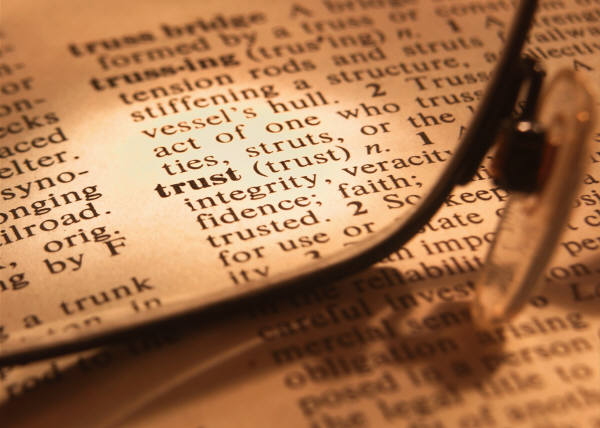There are no legal requirements for becoming a life, career, or executive coach, so it’s important to interview potential coaches about their qualifications. Inquire about their training, how long they’ve been in practice, their client results, and people you can contact who have used their services. Do your due diligence to ensure they have the qualifications to provide the services you need. Below is an overview of the qualities and expertise of a good coach, which you can use when interviewing potential coaches. Effective methodology and processes. Ad-hoc and unstructured coaching are less effective than a structured program. Ask about their coaching method and processes, their strategies for helping clients clarify and achieve their goals, how much time it requires, and what their fees and payment policies are.
Effective methodology and processes. Ad-hoc and unstructured coaching are less effective than a structured program. Ask about their coaching method and processes, their strategies for helping clients clarify and achieve their goals, how much time it requires, and what their fees and payment policies are.
Expertise in psychology and human behavior. Personal-development work, life and career transitions, or meeting professional demands can take you to the edge of your comfort zone, triggering fears of failure, insecurity, or habitual, self-sabotaging behaviors. Life, career, and executive coaches with a background in psychology have the leading edge, as they can help you address your fears and self-defeating patterns at the root level, and change limiting patterns that can sabotage your success.
 A supportive and comfortable environment. A good coach is compassionate, establishes trust, maintains confidentiality, and creates an environment in which you feel supported. Whether you’re doing phone or in-person coaching, notice how comfortable you are, and whether the person feels like someone you can trust.
A supportive and comfortable environment. A good coach is compassionate, establishes trust, maintains confidentiality, and creates an environment in which you feel supported. Whether you’re doing phone or in-person coaching, notice how comfortable you are, and whether the person feels like someone you can trust.
Exceptional problem-solving, goal setting, and organizational skills. The bigger the coach’s “tool kit”, the better able they’ll be to facilitate effective coaching sessions. Ask how they go about problem-solving and goal-setting, and notice how organized they appear to be. The more organized they are, the more ground you can cover in each session.
Fosters client accountability. Continuity, self-discipline, and follow through are critical factors for success—things that many people find difficult to develop or maintain. Find out what methods they use to help clients stay motivated, and how they get clients who’ve become discouraged or unfocused back on track.
In addition to the qualities and expertise listed above, below are added skills and expertise for specific types of coaching.
Career Coaching
Proven experience in the career transition field. This is a must-have for people making a career change or searching for a new job. Ask career coaches about their methodology for identifying a job or career that’s the best fit, and about their expertise in job sourcing, resumes and cover letters, self-marketing strategies, networking, interviewing, and salary negotiation.
 Entrepreneurial and business planning skills: This is critical if you’re considering starting your own business. Find a career coach with a successful track record not only in helping clients identify a new business idea, but also in turning that idea into a business.
Entrepreneurial and business planning skills: This is critical if you’re considering starting your own business. Find a career coach with a successful track record not only in helping clients identify a new business idea, but also in turning that idea into a business.
A resourceful, innovative, and strategic thinker: To stand out from the competition, you have to think and do things differently than everyone else. Ask prospective career coaches for specific examples of strategies they’ve developed to help clients differentiate themselves, and how those strategies have helped clients achieve their desired results.
Executive Coaching
Client Confidentiality: If your company is hiring an executive coach to work with you, ask how confidentiality issues will be handled. The more authentic you are the better results you’ll achieve in your coaching work. However, you need to feel confident that the coach can effectively balance honoring your confidentiality with meeting your company’s expectations for coaching results.
Business and Leadership Expertise: In addition to strategic business and leadership expertise, the best executive coaches have real-world corporate experience, giving them a deeper understanding of the complex challenges and demands of the executive role.
Life Coaching
Expertise in psychology and human behavior: While it’s an added plus to find a career or executive coach with a background in psychology, it’s a must-have for life coaching. Without an in-depth understanding of what drives human behavior—and how to change self-defeating patterns that are often rooted in the subconscious—it’s very difficult to help clients achieve transformational and lasting change.
© 2009 Lauren Mackler all rights reserved
Life, career, and relationship coach Lauren Mackler is the author of the international bestseller, Solemate: Master the Art of Aloneness & Transform Your Life and host of the weekly Life Keys radio show on www.hayhouseradio.com. She is the creator of Illumineering™, a groundbreaking method integrating family systems work, psychodynamic psychology, and coaching to help people free themselves from the shackles of their life conditioning, and create the personal lives, careers, and relationships to which they aspire. Visit Lauren’s website at www.laurenmackler.com.
